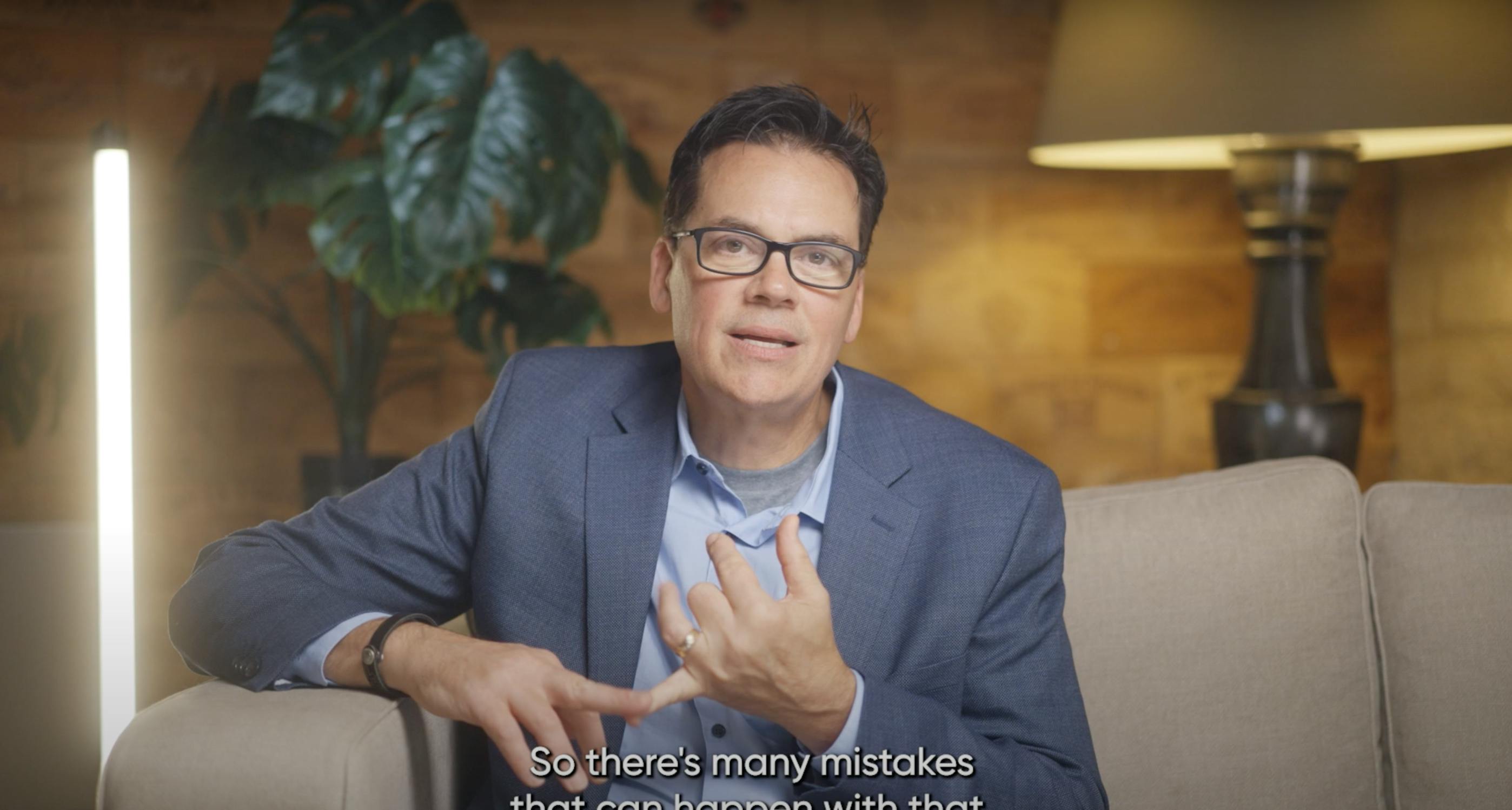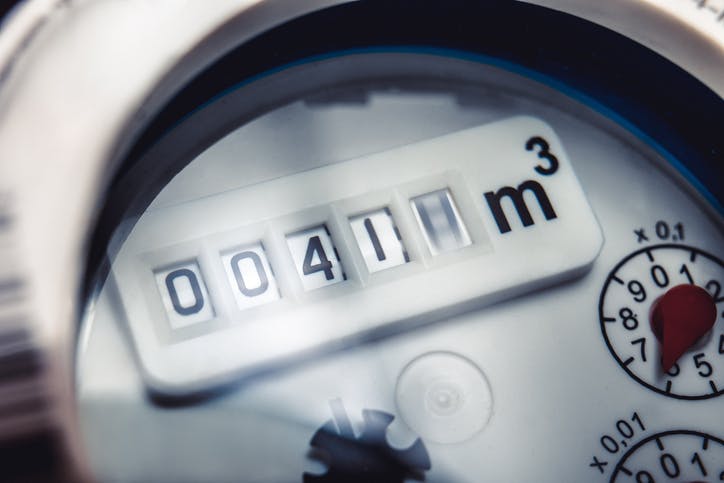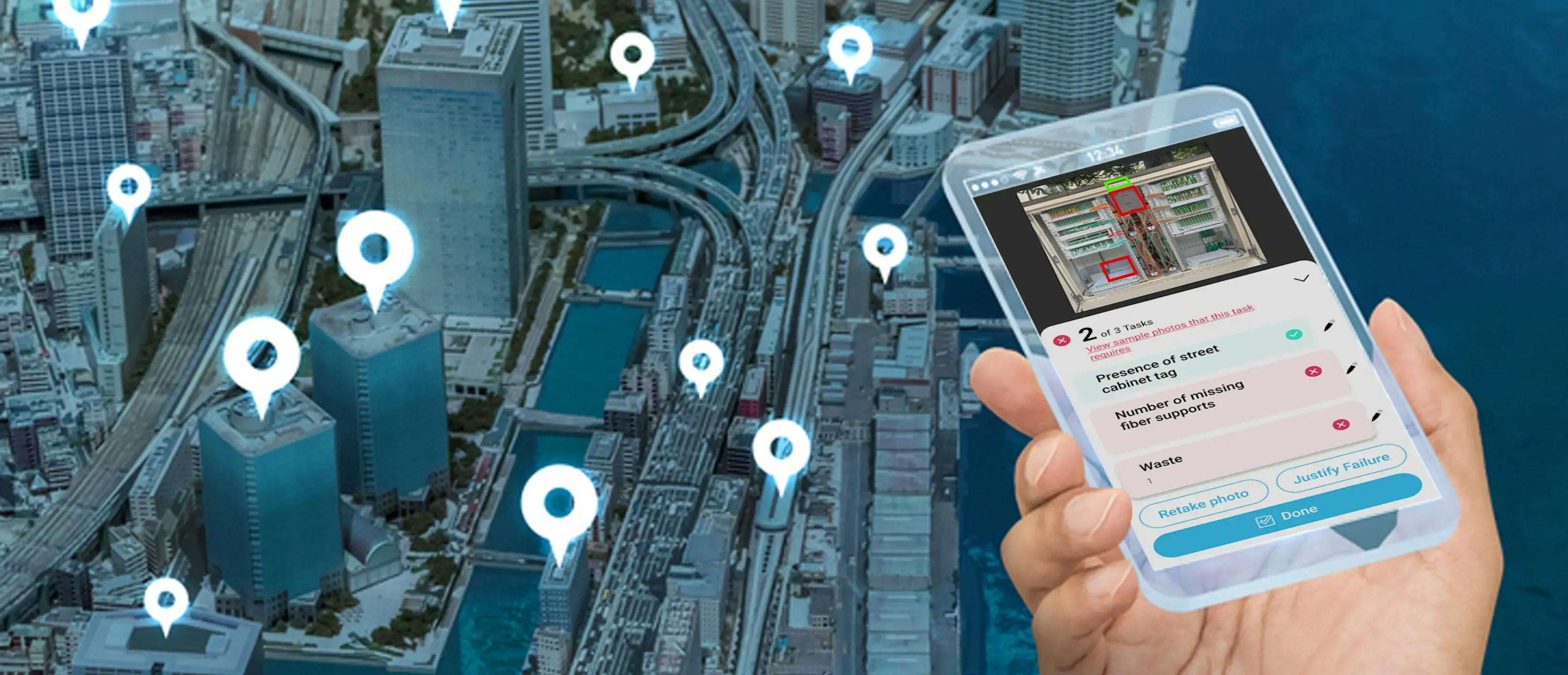The UK’s water industry is on the verge of a major transformation. With rising water demand and increasingly volatile climate conditions, Ofwat (the Water Services Regulation Authority in England and Wales) has introduced the Asset Management Period 8 (AMP8). This regulatory framework urges water companies to adopt sustainable and resilient water management practices. Under AMP8, water companies have committed to ambitious goals by 2030, including reducing carbon footprints, improving service delivery efficiency, and enhancing biodiversity. Failure to meet these objectives may result in significant penalties.
While these objectives present an opportunity for transformation, they also introduce critical challenges that water companies must navigate to ensure compliance:

Key Challenges in Achieving AMP8 Compliance
Accelerated Smart Water Meter Rollout
According to the UK Government, only an estimated 12% of households are currently equipped with smart water meters. Ofwat has set a target to increase this to 51% of households by 2030, 75% by 2040, and 77% by 2050. This is why AMP8 mandates a significant increase in the deployment of smart water meters within a short timeframe.
In addition to the requirement to transition to digital meters, some first-generation smart energy meters are prone to malfunction. According to official data, one in ten smart energy meters in the UK is reported to be defective. As a result, operators face the dual challenge of installing new smart water meters while also replacing a significant number of faulty ones.
But scaling up operational efforts while maintaining quality and minimizing errors is a major operational challenge. Water companies must ensure that the installation process is carried out according to standards. But without a streamlined quality control process, errors during installations can lead to costly revisits, delayed rollout schedules, and customer dissatisfaction.
Workforce Readiness and Expertise
The successful installation of smart water meters requires skilled personnel who can operate efficiently under tight deadlines. Providing field engineers with the tools to guide them on site to meet high standards for installation quality while ensuring compliance with regulatory requirements is a significant undertaking, especially when managing a dispersed workforce.
Balancing Operational Efficiency and Environmental Goals
With sustainability at the heart of AMP8, water companies face the dual challenge of reducing carbon emissions and maintaining operational efficiency. Unnecessary field trips for revisits or manual inspections increase both costs and environmental impact, potentially jeopardizing net-zero commitments.
Ensuring Real-Time Quality Assurance
Manual quality assurance processes are time-intensive and prone to human error. The need for immediate feedback to engineers in the field is critical for maintaining installation standards and avoiding delays. However, existing workflows often lack the capability for instant verification.
Now that we have in mind the challenges that water companies face to align with AMP8 requirements, let’s see how AI can support them.

Meeting smart water meter deployment deadline with AI
Saving time through a shorter quality control feedback loop
2030 is fast approaching, and the successful deployment of smart water meters within this timeframe hinges on efficiency. Ensuring accurate and high-quality installations is critical, as errors during setup can lead to revisits, wasted time, and delayed rollout plans. AI-driven quality control systems offer a transformative solution.
Here’s how it works: field engineers take multiple photos of the installed smart water meter using a mobile device, capturing the equipment from various angles. Instead of having the photos manually reviewed by a human auditor hours or days after the installation, water companies leverage AI-powered tools to analyze them in real-time. Using computer vision, the system verifies multiple installation checkpoints within seconds and immediately notifies engineers if any issues deviate from standards. This instant feedback allows engineers to address defects on-site, eliminating the need for costly revisits that puts deployment agendas at risk.
The example of GHD
GHD, an international company involved in smart meter installations, implemented real-time, automated audits. It is now able to check 100% of their smart meters installations and has significantly reduced delays and costs, demonstrating the potential of AI-driven solutions.

Reducing carbon emissions generated by smart water meter installations with AI
Avoiding revisits
Sustainability is at the heart of AMP8, with the UK water sector aiming to achieve net-zero operational emissions by 2030. While transitioning to renewable energy, adopting green fleets, and promoting water-saving technologies are vital, minimizing unnecessary field trips also plays a key role in this effort.
As highlighted earlier, AI-powered quality control solutions increase the likelihood of successful smart water meter installations on the first attempt. Companies like Unit-T in Belgium have demonstrated the efficacy of such tools, achieving a 98% First Time Right (FTR) rate for gas and electricity digital meter installations. A higher FTR rate means fewer revisits, which directly reduces vehicle emissions and contributes to sustainability goals.
Reducing on-site audits
Additionally, these tools eliminate the need for on-site inspections by human auditors. By enabling remote, automated verification, water companies can further reduce the carbon footprint associated with travel, aligning with the broader objectives of AMP8.

The AMP8 framework represents a pivotal opportunity for the UK water industry to embrace smarter, more sustainable practices. Smart water meters are central to this transformation, but their successful deployment requires innovative solutions that enhance efficiency and sustainability. AI-powered quality control systems offer a compelling answer by enabling real-time audits, reducing installation errors, and minimizing carbon emissions through fewer revisits and remote inspections.
As water companies face the dual challenges of meeting AMP8 requirements and preparing for a future shaped by climate change, leveraging AI-driven technologies can provide a competitive edge. By adopting these tools, companies not only stay compliant but also contribute to a more sustainable water management ecosystem, ensuring a resilient future for all.





